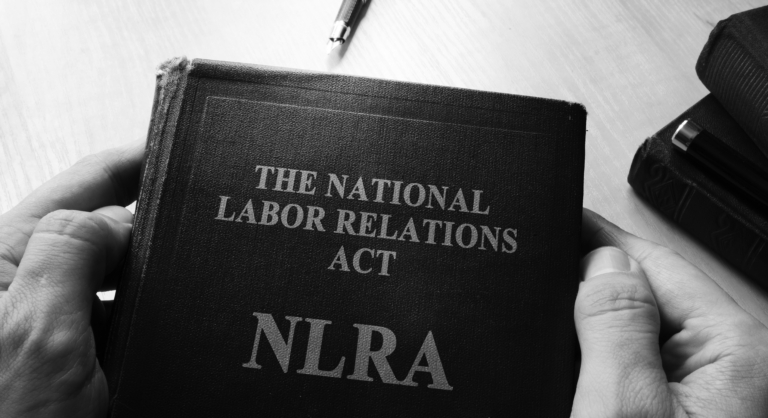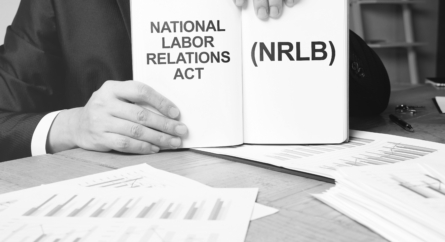Client Alert: NLRB Proposes Expanded Standard for Joint-Employer Status
On September 6, 2022, the National Labor Relations Board (NLRB) issued a Notice of Proposed Rulemaking (NPRM) regarding the standard for determining joint-employer status under the National Labor Relations Act (NLRA).
Under the NLRA, joint employers have a shared obligation to bargain collectively with an existing union representing one of the employers’ workers, and to recognize a new union that is certified at one of the employers. Additionally, both employers could be liable for unfair labor practices committed by the other.
The new proposed rule would replace the current joint-employer rule (in effect as of April 27, 2020), which limited joint-employer status to only those entities exercising “substantial direct and immediate control” over the employment terms and conditions of another entity’s employees.
Under the new proposed rule, employers would be considered joint employers if they “share or codetermine those matters governing employees’ essential terms and conditions of employment,” such as wages, benefits and other compensation, work and scheduling, hiring and discharge, discipline, workplace health and safety, supervision, assignment, and work rules.
The Board defines “share or codetermine” to mean “possess the authority to control (whether directly, indirectly, or both) or to exercise the power to control (whether directly, indirectly, or both) one or more of the employees’ essential terms and conditions of employment.” Importantly, it appears that under this standard it matters not whether the control is in fact exercised, just that the employer has the authority to do so.
This new standard already has received heavy criticism, with dissenting NLRB members noting that a “fuzzier standard with no bright lines would make it difficult for the Board to distinguish between arm’s-length contracting parties and genuine joint employers.”
As noted above, joint-employer status can impose substantial obligations in relation to the NLRA, such as being required to engage in collective bargaining with unionized employees over the terms and conditions of employment and being held jointly liable for the other employer’s unfair labor practices. For these reasons, employers should take this opportunity to assess their risks by reviewing internal operations and contracts with other entities (modifying existing contracts reflecting direct or indirect supervision and control of other entities’ employees, if possible), and educating their management teams.
At present, members of the public can comment on the new proposed rule during a 60-day comment period (ending November 7, 2022). The NLRB is not expected to release its final rule until early 2023. Bowditch will closely monitor any developments on this issue.
Categorized: Client Alerts, Publications
Tagged In: labor union, National Labor Relations Act, National Labor Relations Board, joint employers











